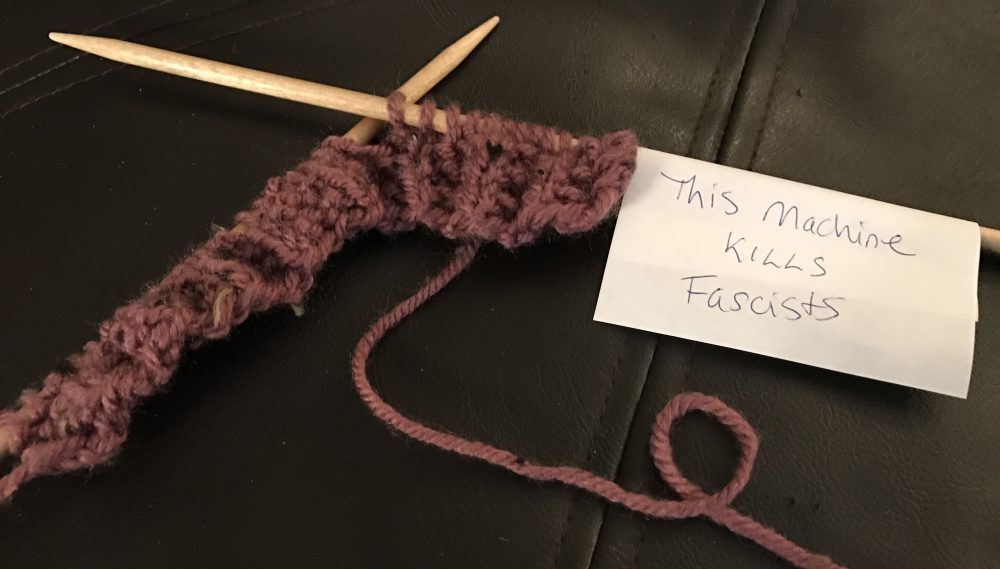 via Our Bodies, Our Blog. Based on last year’s list they are looking for nominees who are still living. So, I will have to think about whom to choose although I have some ideas.
via Our Bodies, Our Blog. Based on last year’s list they are looking for nominees who are still living. So, I will have to think about whom to choose although I have some ideas.
Speaking of health heroines, and a long unsung one at that, meet Henrietta Lacks (image below), subject of a riveting new book by Rebecca Skloot that my book club discussed last night.
 As a medical historian, this gripping and horrifying story of a black woman whose cells were used for medical research without her knowledge or consent (or that of her family) was no surprise. There is a long history of using African-Americans and other marginalized people (orphans, immigrants, persons with disabilities, the poor) for the “advancement” of medical research. Henrietta’s cancer cells, known by medical researchers as the cell line HeLa, were the first “immortal” cell line to be successfully grown in vitro. HeLa cells were later used for a host of medical discoveries, including research on the polio vaccine. The story of Henrietta and her family, though, reveals the huge disparities in the American health care system past and present. Henrietta was a poor tobacco farmer from Clover, Virginia who received medical care in the “colored” ward of Johns Hopkins Hospital. The virulent cervical cancer that led to her death was probably caused by a case of HPV given to her by her philandering husband (she had been treated for syphilis and gonorrhea). It appears that the cancer treatment she received was pretty good for the day given the state of cancer research and therapy at this time. Still, physicians’ refusal to listen to her complaints about a “knot on her womb” until it was too late reflect the paternalism and sexism of the medical establishment at this time.
As a medical historian, this gripping and horrifying story of a black woman whose cells were used for medical research without her knowledge or consent (or that of her family) was no surprise. There is a long history of using African-Americans and other marginalized people (orphans, immigrants, persons with disabilities, the poor) for the “advancement” of medical research. Henrietta’s cancer cells, known by medical researchers as the cell line HeLa, were the first “immortal” cell line to be successfully grown in vitro. HeLa cells were later used for a host of medical discoveries, including research on the polio vaccine. The story of Henrietta and her family, though, reveals the huge disparities in the American health care system past and present. Henrietta was a poor tobacco farmer from Clover, Virginia who received medical care in the “colored” ward of Johns Hopkins Hospital. The virulent cervical cancer that led to her death was probably caused by a case of HPV given to her by her philandering husband (she had been treated for syphilis and gonorrhea). It appears that the cancer treatment she received was pretty good for the day given the state of cancer research and therapy at this time. Still, physicians’ refusal to listen to her complaints about a “knot on her womb” until it was too late reflect the paternalism and sexism of the medical establishment at this time.
The book also tells the story of Henrietta’s family, who only learned about the HeLa cells decades after her death when scientists began asking them for blood and tissue samples, and reporters from Ebony, Jet, and Rolling Stone began interviewing them about their mother and the cell line derived from her cancer cells. The family’s horror at this revelation is nicely summed up by the statement by Henrietta’s daughter Deborah:
“I don’t know what they did [to my mother], “but it all sound like Jurassic Park to me.”
One of my fellow book clubbers plans to use this in her ethics class. I plan to use it the next time I teach my graduate seminar on gender, health, and sexuality. Meanwhile, I’m hoping to invite Skloot to come to CCSU as part of her totally insane book tour (which she organized largely through Facebook and Twitter — I’m stealing that idea!)

You must be logged in to post a comment.